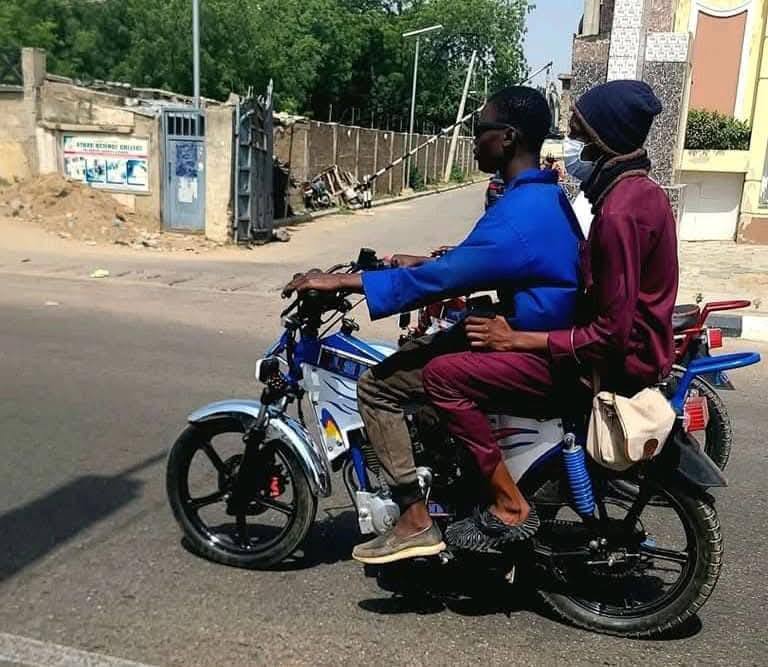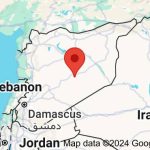BY UMAR ZANNA WKIL
Transportation in Maiduguri, the capital of Borno State, has become a significant challenge for residents.
The absence of motorbikes, once the primary means of affordable and convenient transportation, has left many struggling to navigate the city.
While the ban on motorbikes was initially a security measure during a time of heightened insurgency, it is time for the Borno State government to reconsider this policy in light of current realities.
Motorbikes, commonly referred to as okadas, were banned in Maiduguri over a decade ago to curb their misuse by insurgents.
This move was justified then as it aimed to protect lives and property. However, with significant improvements in security and the return of relative peace to Maiduguri, this restriction has become an unnecessary burden on residents.
Motorbikes offered a flexible and affordable means of transportation for people of all classes, especially the less privileged.
Since their ban, many residents have been left with limited options. Commercial vehicles such as tricycles (keke napeps) and minibuses are not only more expensive but also insufficient to meet the growing population’s needs.
Commuters are often stranded at bus stops for hours, while others are forced to walk long distances, adding to the already difficult realities of life in a recovering city.
Reintroducing motorbikes would not only address the transportation challenges but also provide a much-needed boost to the local economy.
Before the ban, thousands of youths earned their livelihoods as commercial motorbike riders.
For many, this was their only source of income, enabling them to support their families and contribute to the economy. Reviving this sector could create jobs, reduce unemployment, and alleviate poverty in Maiduguri.
Furthermore, motorbikes are highly adaptable to Maiduguri’s infrastructure. Unlike cars and buses, they can easily maneuver through narrow streets and areas with poor road conditions, ensuring that even the most remote parts of the city are accessible.
This accessibility is crucial for residents in densely populated neighborhoods and for traders who rely on fast transportation to conduct business.
The government can regulate the use of motorbikes to address lingering security concerns.
For instance, riders could be required to register with local authorities, wear identifiable uniforms, and operate only during specific hours.
Implementing these measures would help maintain security while restoring the benefits of motorbike transportation to residents.In addition, the government should engage with stakeholders, including community leaders, transport unions, and security agencies, to develop a framework for the safe and controlled return of motorbikes.
Public awareness campaigns could also educate riders and passengers on traffic rules and safety practices, ensuring that the reintroduction of motorbikes does not lead to chaos on the roads.
The current transportation challenges in Maiduguri demand urgent attention. While the ban on motorbikes once served an important purpose, its continued enforcement now does more harm than good. Reintroducing motorbikes under a regulated system would ease the burden on residents, boost the local economy, and improve the overall quality of life in Maiduguri.
The Borno State government must act decisively to address this issue. As Maiduguri continues its journey toward recovery and growth, restoring the use of motorbikes would be a step in the right direction—one that prioritizes the welfare of its people.
UMAR ZANNA WAKIL is a 300 level student from Mass Communication Department Borno State University, Borno State.












